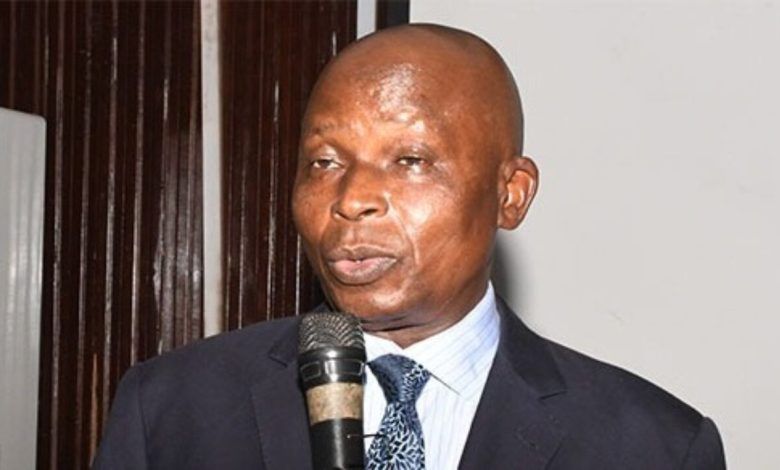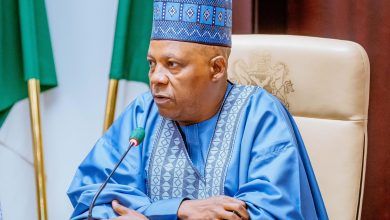
The Attorney General of the Federation (AGF) and Minister of Justice, Lateef Fagbemi (SAN), has formally requested the International Criminal Court (ICC) to halt its prolonged investigation into the Nigerian military, arguing that the country has consistently demonstrated its capacity to uphold justice and accountability for crimes committed within its borders.
In a statement delivered at the 23rd session of the Assembly of States Parties to the Rome Statute in The Hague, the AGF outlined Nigeria’s ongoing commitment to confronting impunity, ensuring accountability for human rights violations, and holding perpetrators of heinous crimes accountable. He emphasized that the country had been engaged with the ICC’s Office of the Prosecutor for 14 years, and expressed concerns over the demoralizing impact the prolonged investigation has had on Nigerian servicemen, many of whom have sacrificed their lives fighting terrorism.
Fagbemi reaffirmed that Nigeria, as a responsible member state of the Rome Statute, has consistently demonstrated the will and capacity to address serious crimes, particularly those committed by terrorist groups such as Boko Haram. He pointed to the work of the National Human Rights Commission’s Special Investigative Panel, which, after an eight-month inquiry, cleared the Nigerian military of allegations of killings, torture, and recruiting underage fighters. The AGF stressed that the panel’s findings had proven the accusations to be false and exaggerated, highlighting Nigeria’s commitment to transparency and accountability in addressing these issues.
The AGF also pointed to the country’s military operations, which he asserted are governed by international humanitarian law. He noted that while mistakes can occur during the chaos of conflict, these are promptly investigated by impartial commissions. Fagbemi underscored that Nigeria has a well-established court martial system for holding erring officers accountable and uses restorative justice measures, including compensation, when appropriate. Additionally, he highlighted Nigeria’s Demobilization, Deradicalization, and Reintegration program, which has successfully reintegrated thousands of former Boko Haram combatants into society.
While emphasizing the country’s commitment to fighting impunity, Fagbemi expressed concern over the seemingly predetermined stance of the Office of the Prosecutor and the role of certain civil society organizations that, according to him, undermine the military’s legitimate efforts. He urged States Parties to the Rome Statute to fully support the ICC’s work but also called for a fair and impartial approach to Nigeria’s situation.
Fagbemi concluded his address by urging all States Parties to ratify the Convention on Cluster Munitions, while congratulating the newly elected members of the Trust Fund for Victims’ Board of Directors, expressing confidence that they would work with integrity to fulfill their mandate.
“Nigeria stands firm with fellow State Parties in the shared commitment to ending impunity for the world’s most serious crimes,” the AGF concluded. “We fully support the work of the ICC and encourage those States Parties yet to accede to the Rome Statute to do so.”





